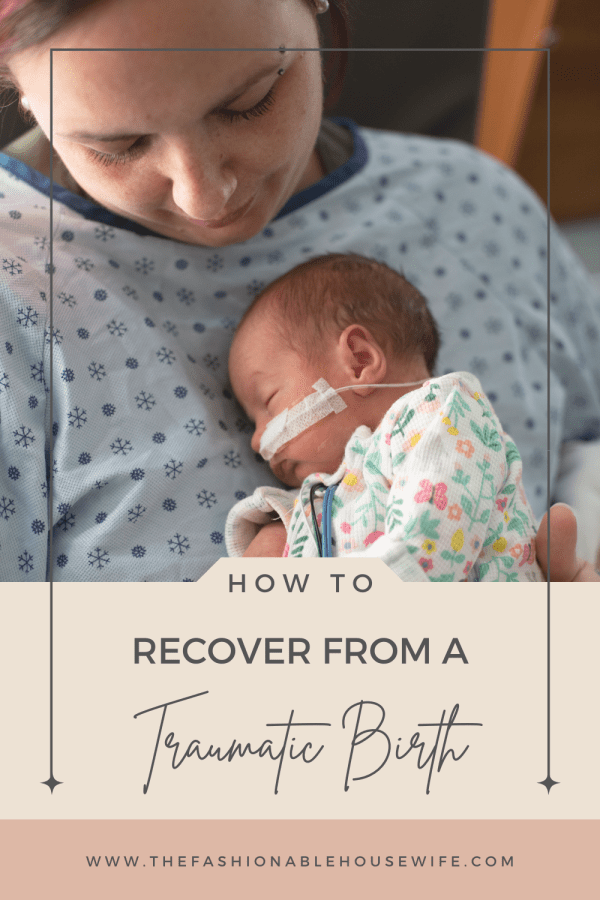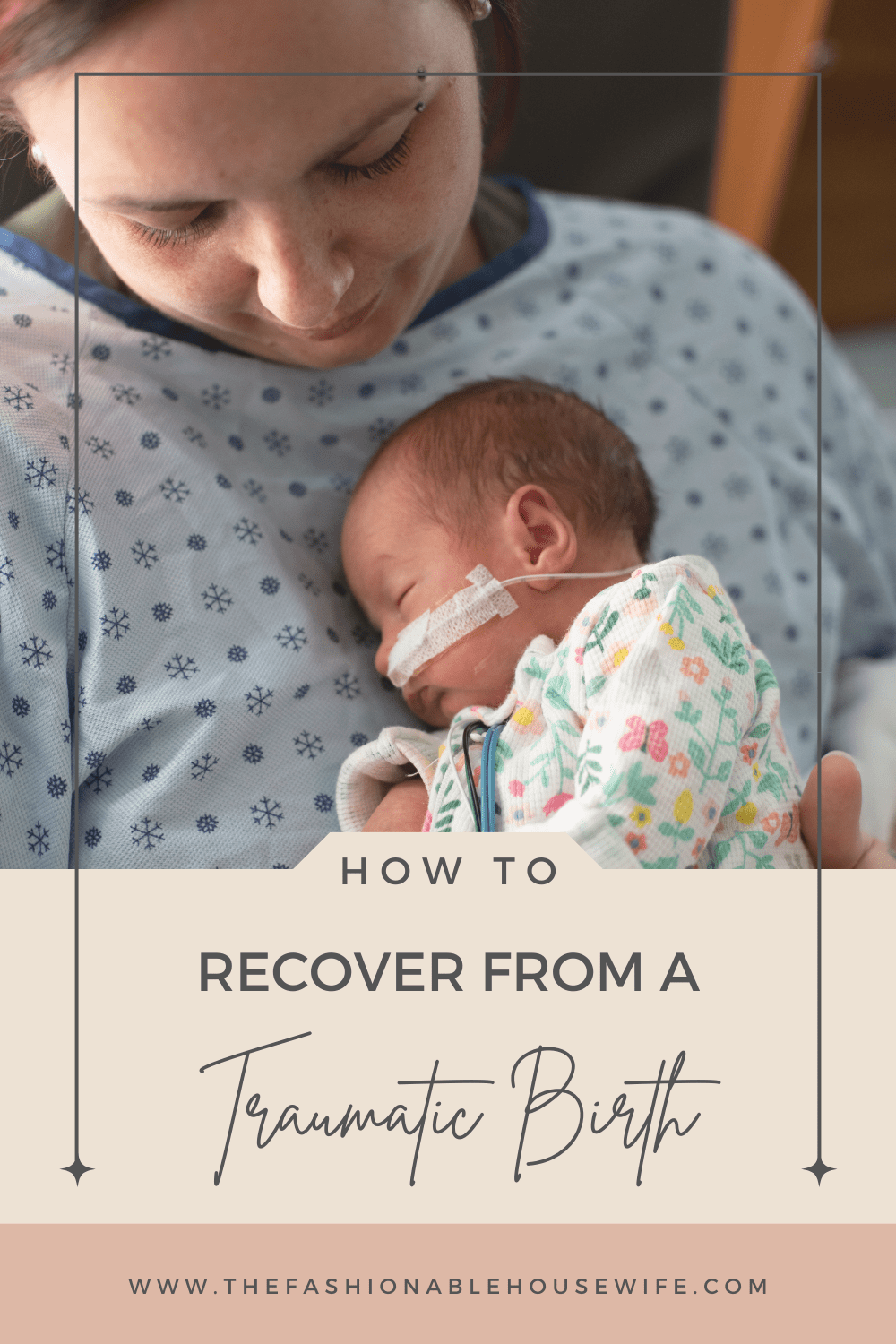How to Recover From a Traumatic Birth

If your birth was traumatic, it may feel like recovery is impossible. You may be left with both physical and emotional scars that don’t seem to fade – and your baby may be significantly affected as well.
How are you supposed to recover from a traumatic birth? And who can help you along the way?
Traumatic Birth and Medical Malpractice
It’s possible to experience a traumatic birth even if your medical providers do everything correctly. However, your traumatic birth may also be a direct result of mistakes, errors, and other bad practices from your medical providers. If your medical providers acted negligently before, during, or after your delivery, you may have a medical malpractice claim.
If you suspect medical malpractice, your best course of action is to contact a medical malpractice lawyer. Your attorney can help you review all the facts of the case, determine whether you have a legitimate medical malpractice claim, and guide you on the next steps of the process. Hire a good lawyer and trust their advice; they can help you gather evidence, negotiate for a higher settlement, and ultimately win the compensation you deserve.
If you win a medical malpractice settlement, the proceeds should be able to cover most, if not all of the damages you sustained as a result of your traumatic birth. You may also be entitled to compensation for your subjective pain and suffering, which you can use as you see fit.
How to Recover From a Traumatic Birth
Aside from capturing financial compensation with the help of a medical malpractice attorney, these are some of the most important strategies for recovering from your traumatic birth.
· Don’t judge yourself. It’s tempting to judge yourself harshly during this experience, especially if you’re struggling with feelings of resentment or negativity toward your child. However, it’s very unproductive to judge yourself or feel bad for yourself. Instead, accept and embrace what you’re feeling and try to do so as neutrally as possible. This is one of the best strategies for working through your harshest, most negative feelings, and it’s going to serve as a powerful psychological foundation for all the strategies to come.
· Recognize your symptoms. Take a moment to recognize any mental and emotional symptoms you have that might be a result of your traumatic birth. Have you been feeling depressed? Anxious? Unmotivated? Angry or irritable? How have your behavioral patterns changed, and how have your feelings changed overall? It’s a good idea to document these symptoms over time, so you can see if they’re improving or getting worse.
· Talk openly about your feelings. It’s important to talk about your feelings, even the strange or unsettling ones. Talking openly about your feelings gives you a road to catharsis, allowing you to process your emotions and lessen their severity. It’s also a valuable opportunity to articulate your thoughts and get perspective from a neutral outside party. Depending on your circumstances, it may be best to talk with friends or family members, or you may want to seek professional counseling for this.
· Get practical support. As you struggle with the aftermath of a traumatic birth, you’re going to need a lot of help, especially with a new baby. Lean on your spouse, friends, family, and neighbors for extra help with practical matters. Even if they can’t contribute much, they can save you some time and give you support by cooking you dinner or dropping off some groceries.
· Get professional support. It’s also a good idea to get some professional support. Even if you feel like you’re managing fine on your own, it’s wise to set up an appointment with a counselor or a therapist. They can help you contextualize your emotions, give you exercises and strategies for improving yourself, and make you feel less alone in the world.
· Join a support group. Support groups can be very valuable in giving you a neutral place where you can truly express yourself and allowing you to form new, powerful connections. Search for one in your area and commit to attending at least one session.
· Seek justice when appropriate. If your traumatic birth was a direct result of medical malpractice, seek justice. It’s important to hold those parties accountable for their actions.
· Document your journey. Keep a journal so you can document your journey from start to finish. Once you see your symptoms start to improve, reinforce your most powerful strategies and take the time to celebrate.
Traumatic birth can cause you emotional distress for years, and possibly the rest of your life, but it doesn’t have to control you. If you work proactively, you can grapple with the mental and emotional difficulties associated with traumatic birth and eventually emerge stronger on the other side. It may be a long journey, but it’s a doable one.

